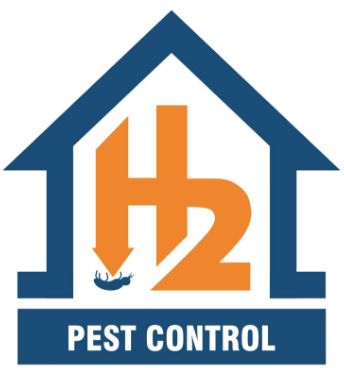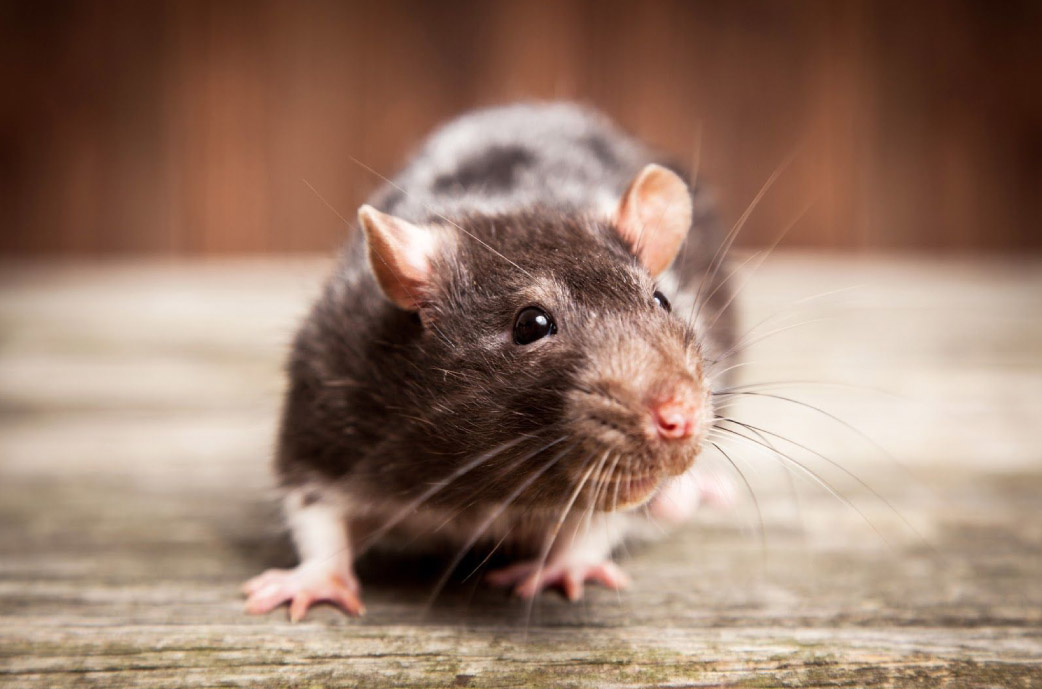Mice, with their quick movements and keen survival instincts, play a significant role in the ecosystem and sometimes, unfortunately, in our homes. This article delves into the lifespan of mice, exploring how various factors, including environment and species, affect their longevity.
The Journey from Birth to Adulthood
From Baby to Adult: The Growth Stages of a Mouse
- Baby Mice: These tiny creatures are born blind, hairless, and utterly dependent on their mother for warmth and nutrition. This critical period lasts about two weeks, during which they rapidly develop.
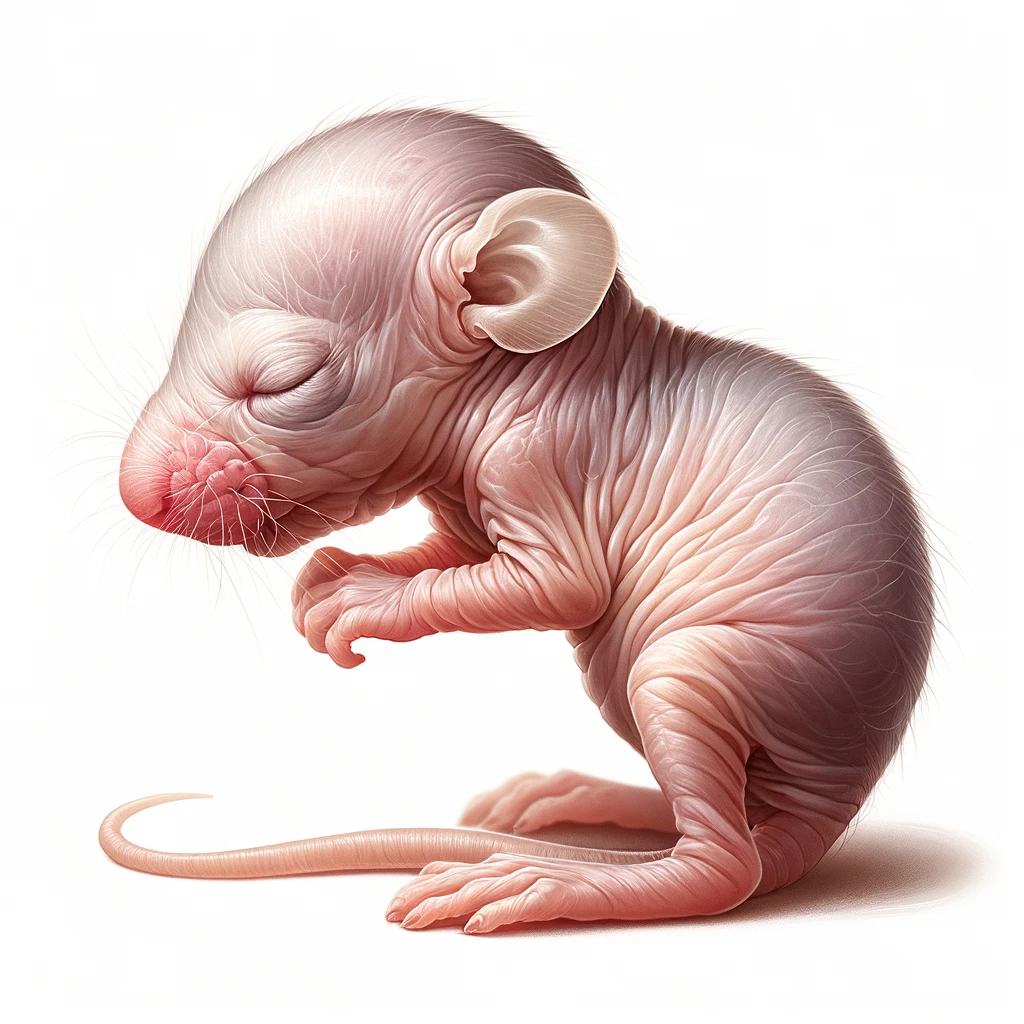
- Juvenile Mice: As they grow, mice enter a stage of rapid development, gaining fur and sight. This phase marks their transition from helpless infants to more independent beings, ready to explore their surroundings.
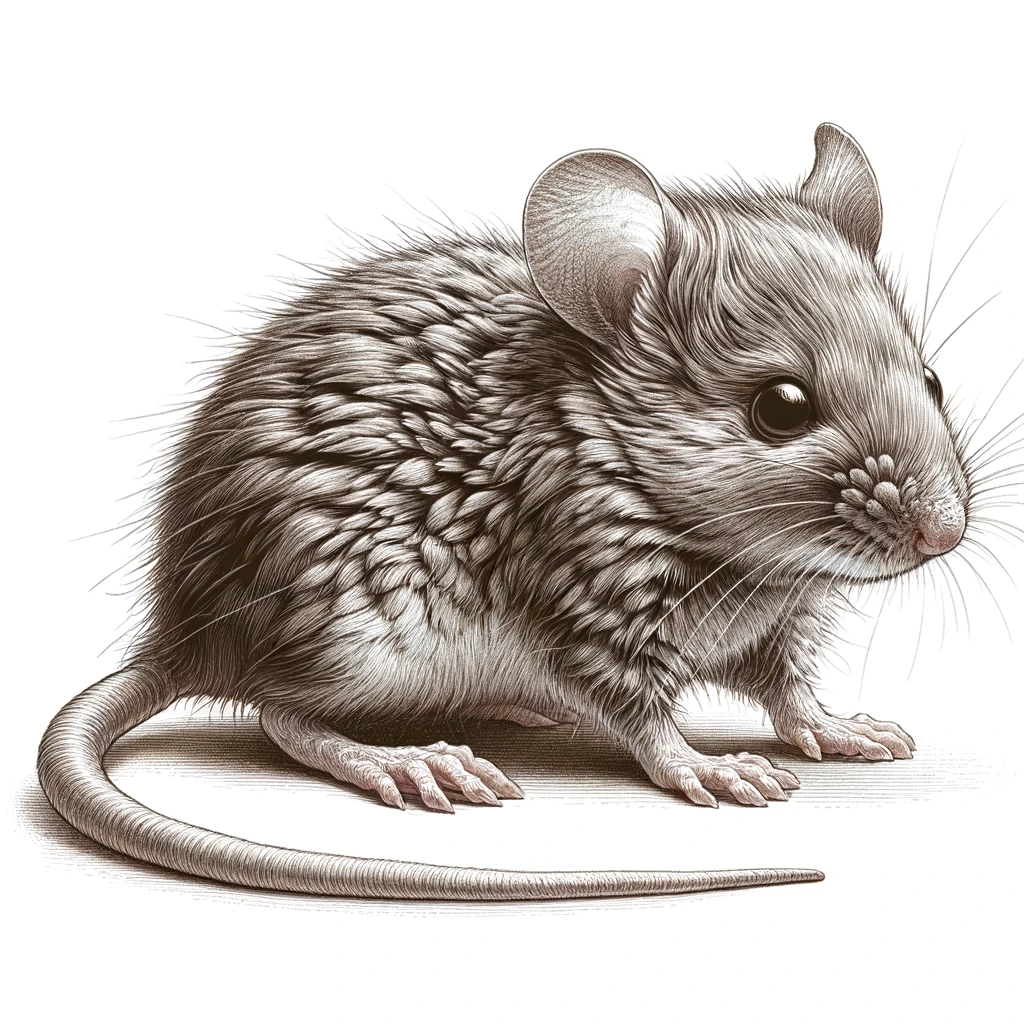
- Adult Mice: Mice reach adulthood around the age of six weeks. As adults, they become capable of reproduction, contributing to the rapid growth of their population.
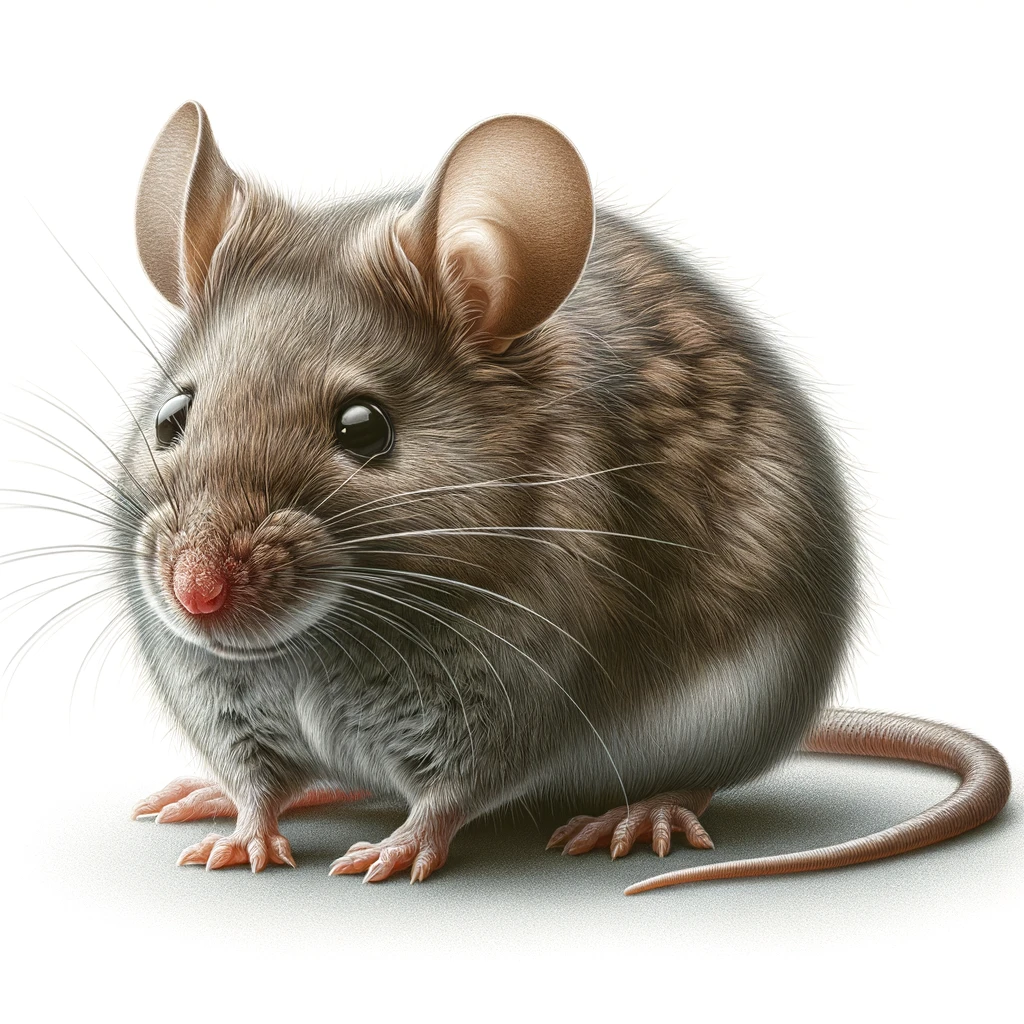
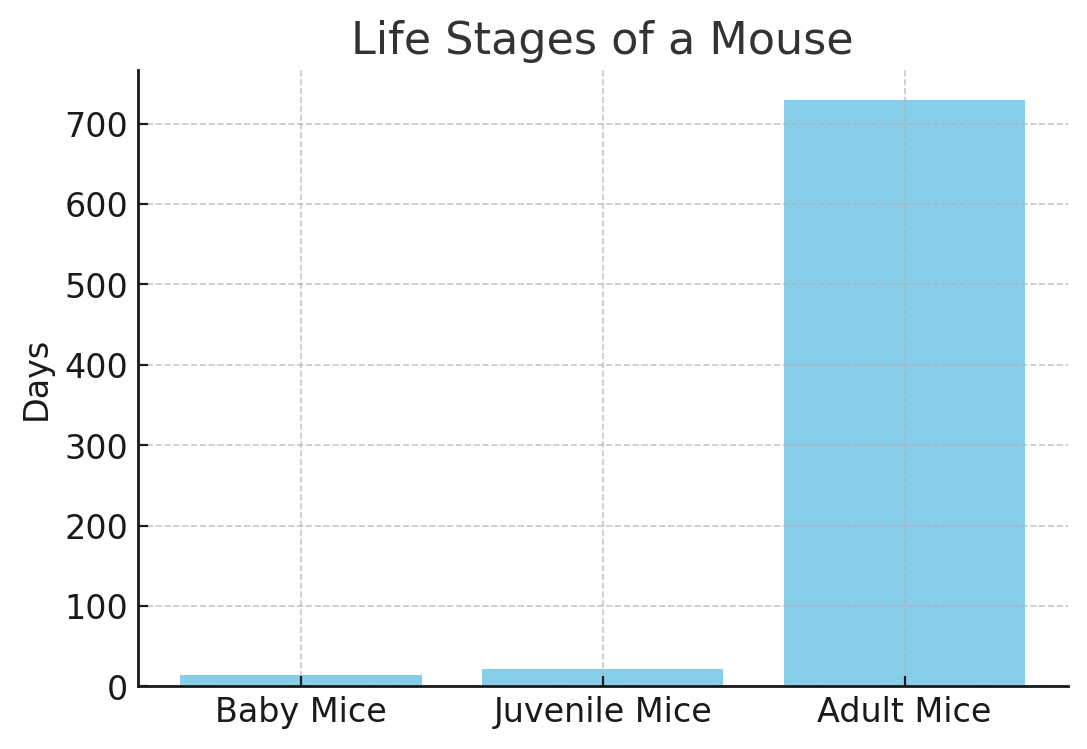
Lifespan Variations
How Environment Influences Mouse Lifespan
-
Wild Mice: In nature, mice face numerous threats, from predators to harsh weather. Despite these challenges, they can live for about 12 to 18 months, a testament to their resilience.
-
Domestic Mice: Inside the safety of a home or laboratory, mice are shielded from predators and environmental extremes, allowing them to live longer, often up to 2 to 3 years.
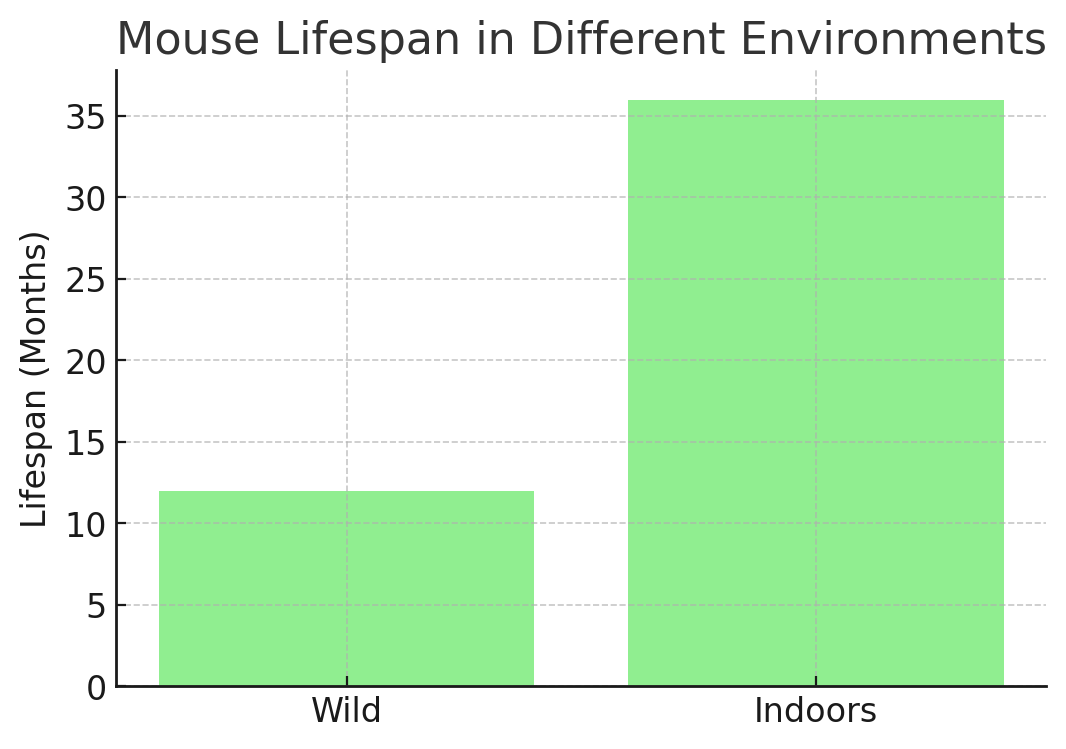
Survival Without Essentials
-
Without Water: Mice are highly dependent on a regular water intake to survive. A mouse can only live a few days without water, highlighting the importance of hydration for their survival.
-
Without Food:Food scarcity is a critical survival challenge for mice. They can survive slightly longer without food than water, managing up to a week under such conditions.
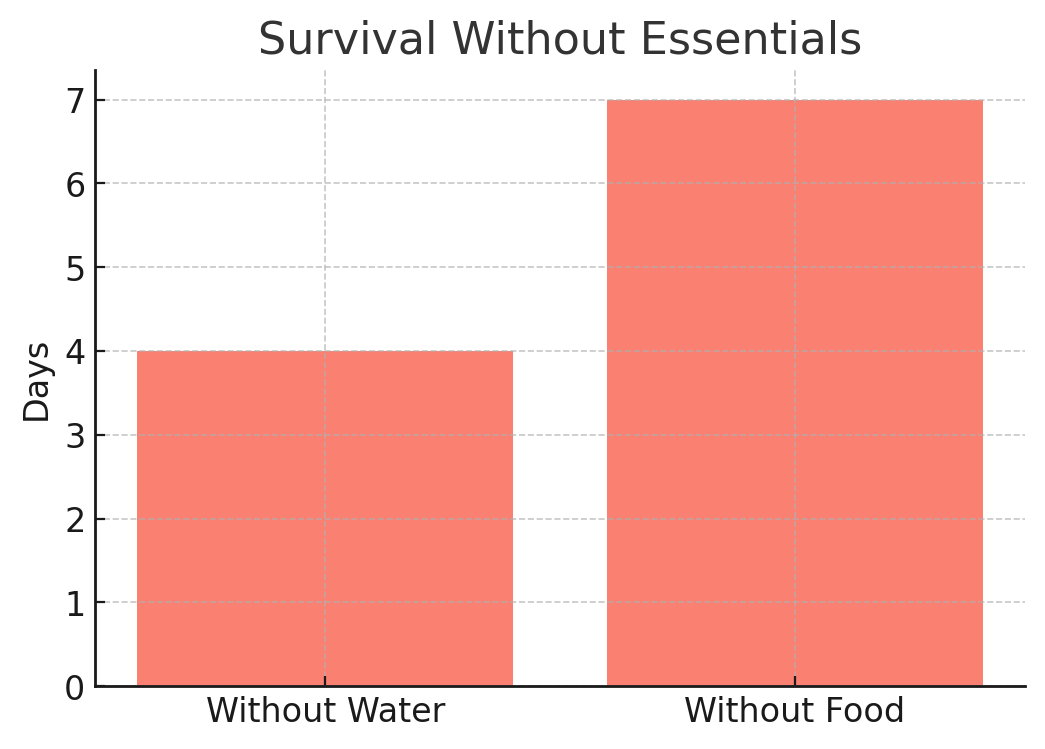
Species-Specific Lifespan
Different species of mice have varying lifespans, influenced by their genetics and living conditions. For example, the common house mouse typically lives up to 2 years under optimal conditions, while other species may have shorter or slightly longer lifespans.
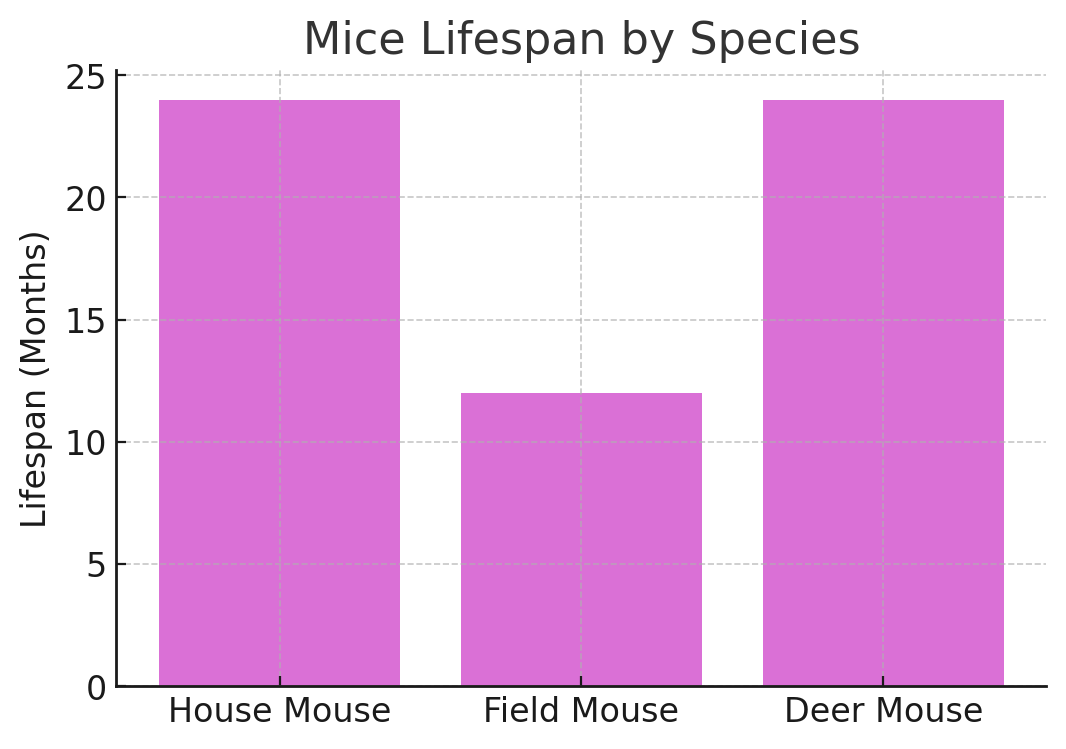
Health Challenges
Mice are susceptible to various illnesses, which can significantly impact their lifespan. Diseases and parasites can spread rapidly through mouse populations, especially in cramped conditions.
The Significance of Mice in Human Spaces
While mice play a vital role in ecosystems as part of the food chain, their presence in human dwellings can pose health risks and structural damage, making it crucial to understand how to manage their populations effectively.
Mitigating Mouse Populations
Preventive Measures Against Mice
Maintaining cleanliness, securing food sources, and blocking entry points are effective strategies to prevent mice infestations. Regular home maintenance and vigilance can significantly reduce the likelihood of mice finding a hospitable environment in human dwellings.
Professional Intervention
If mice become a persistent issue, seeking professional pest control services, such as H2 Pest Control, can offer a comprehensive solution to eliminate and prevent future infestations.
Don’t let mice become unwelcome guests in your home. If you suspect a mice infestation, it’s crucial to take action swiftly.
Early intervention by H2 Pest Control can prevent costly damage and potential health risks. We have the expertise and resources to effectively eliminate mice and seal entry points to prevent future invasions.
Frequently Asked Questions About Mice Lifespan
- Mice living in the wild typically have a shorter lifespan compared to those in captivity, averaging between 12 to 18 months. Their life expectancy is significantly impacted by factors such as predation, competition for food, and environmental conditions.
- Mice living in the wild typically have a shorter lifespan compared to those in captivity, averaging between 12 to 18 months. Their life expectancy is significantly impacted by factors such as predation, competition for food, and environmental conditions.
- Yes, the species of a mouse can influence its lifespan. Different species have varied genetic makeup that can affect their overall health and longevity. For example, the common house mouse (Mus musculus) typically lives around 2 years in captivity, while other species may have slightly different lifespans.
- Several factors influence a mouse’s lifespan, including its diet, living conditions, access to clean water, and the absence of diseases. Proper nutrition, a clean and safe habitat can significantly increase their lifespan.
- Mice are highly dependent on a regular supply of food and water. They can survive without food for about 2 to 4 days, but their survival without water is much more limited, usually only 1 to 2 days. This highlights the importance of constant access to water for their survival.
- Mice are susceptible to various illnesses that can shorten their lifespan, such as respiratory infections, tumors, and parasites.

